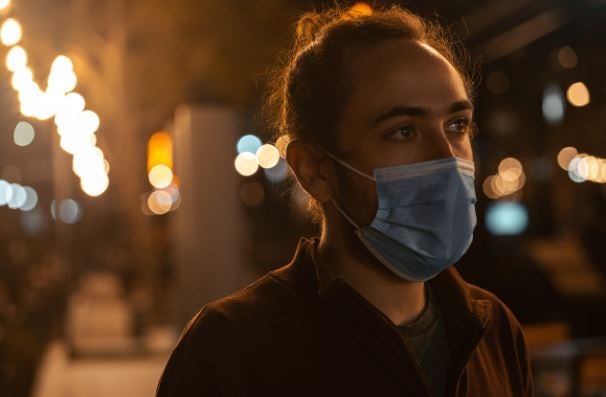Nearly 7% of Americans Say They Have Had Long COVID

ATLANTA — Nearly 7% of Americans participating in a new survey said they’ve had long COVID in the past year, and 3.4% said they had it “currently,” according to the Centers for Disease Control and Prevention’s National Center for Health Statistics.
In a series of related reports published Tuesday — all of them based on data from the 2022 National Health Interview Survey — the agency found that 6.9% of American adults reported having had long COVID.
That percentage suggested that roughly 18 million people have experienced the condition since the pandemic began.
Researchers also found women were more likely than men to report long COVID, and that age also seems to be a factor, with adults aged 35 to 49 being the group most likely to say they ever had (8.9%) or currently have (4.7%) the condition.
For children, data showed 1.3% reported ever having long COVID while 0.5% currently reported having it.
The prevalence of Long COVID was also found to be higher among adults living in more rural areas compared to those living in large central metropolitan areas.
In addition, the prevalence estimates were lower among Asian adults compared with other racial and ethnic groups, and adults with family incomes at 400% or more of the federal poverty level compared with those with lower incomes.
The data on long COVID was based on the survey question, “Did you have any symptoms lasting three months or longer that you did not have prior to having COVID-19?”
The researchers then keyed in on those survey participants who reported receiving either a positive test or a doctor’s diagnosis of COVID-19 and were symptomatic.
That said, defining “long COVID” has been difficult for the medical community.
For one thing, people who have it exhibit a wide range of symptoms that can last for weeks, months or even years, and can go away and come back again.
These include: tiredness or fatigue that interferes with daily life, fever, cough, chest pain, headache, heart palpitations, dizziness, difficulty concentrating, stomach ache and joint or muscle pains.
While evidence suggests most people recover substantially within a year, many questions persist about the condition and how to treat it.
Data has shown that long COVID contributed to more than 3,500 U.S. deaths as of the end of last year.
Last month, the National Institutes of Health announced the launch of two new clinical trials to test potential treatments for long COVID, marking it the first of an array of federally funded studies aimed at evaluating how to help with long-term symptoms still faced by many COVID survivors.
Dan can be reached at [email protected] and at https://twitter.com/DanMcCue

























